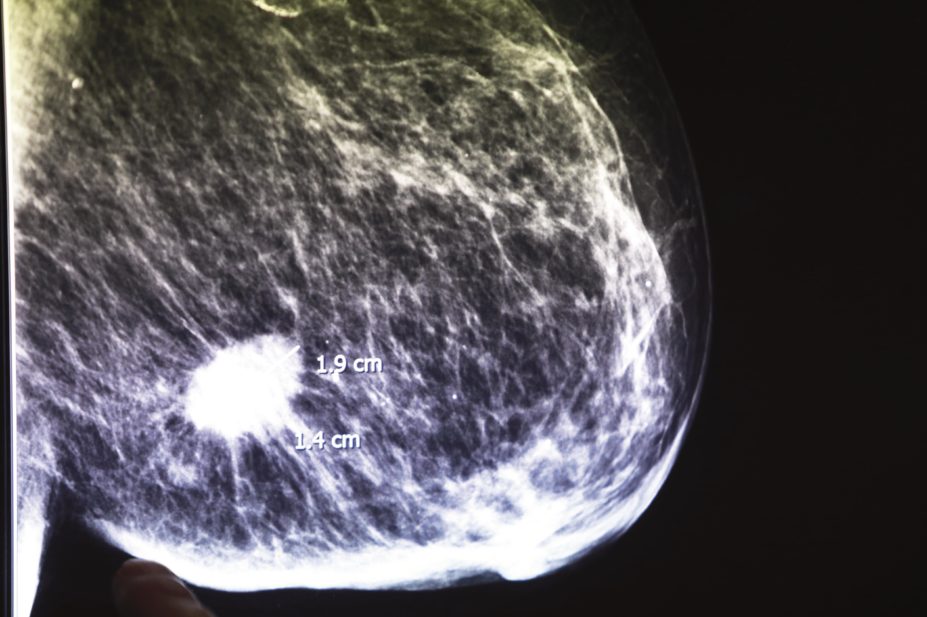
Photoprofi30 / Shutterstock
Several observational studies have reported that use of bisphosphonates is associated with a decreased risk of breast cancer in postmenopausal women. Now, long-awaited results from two randomised clinical trials published in JAMA Internal Medicine (online, 11 August 2014) have found no evidence to support such an association[1]
.
The studies, known as FIT and HORIZON-PFT, were placebo-controlled and evaluated alendronate and zoledronic acid, respectively, in nearly 15,000 postmenopausal women with osteoporosis. Neither of the bisphosphonate drugs decreased women’s risk of developing invasive breast cancer during three to four years of treatment.
Low oestrogen levels are the most likely explanation for the previously observed associations, say the researchers, since having low oestrogen both weakens bones and protects against most breast cancers.
References
[1] Hue T et al. Effect of Bisphosphonate Use on Risk of Postmenopausal Breast Cancer. Results From the Randomized Clinical Trials of Alendronate and Zoledronic Acid. JAMA Internal Medicine. Published online, August 11 2014. Available from: doi:10.1001/jamainternmed.2014.3634


